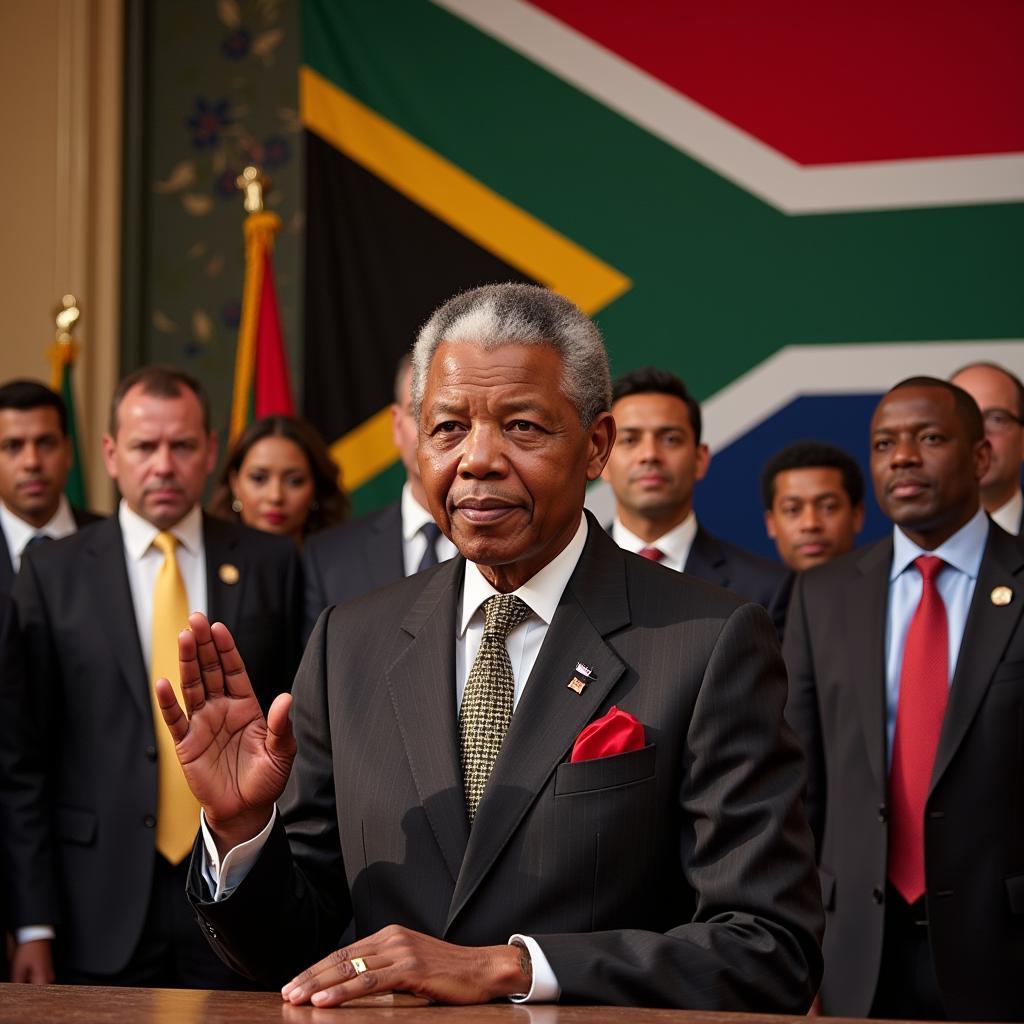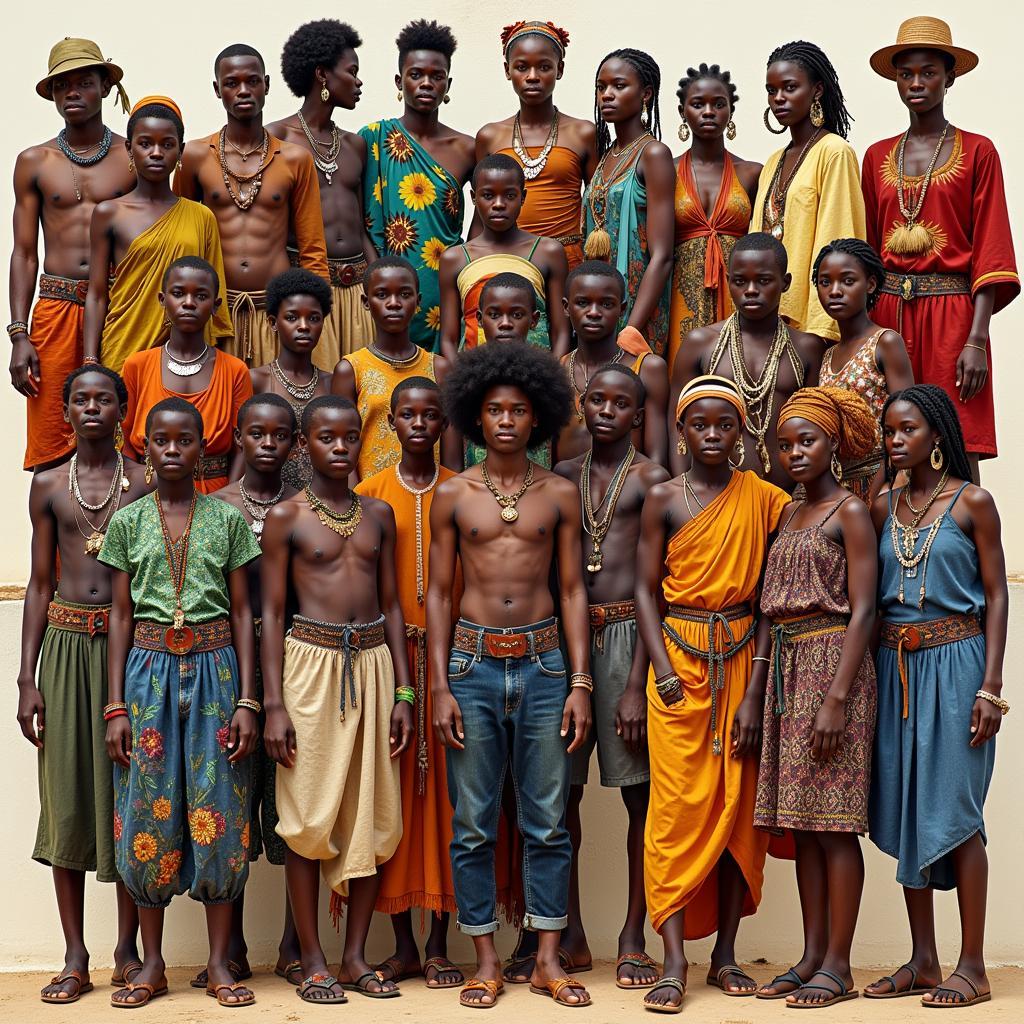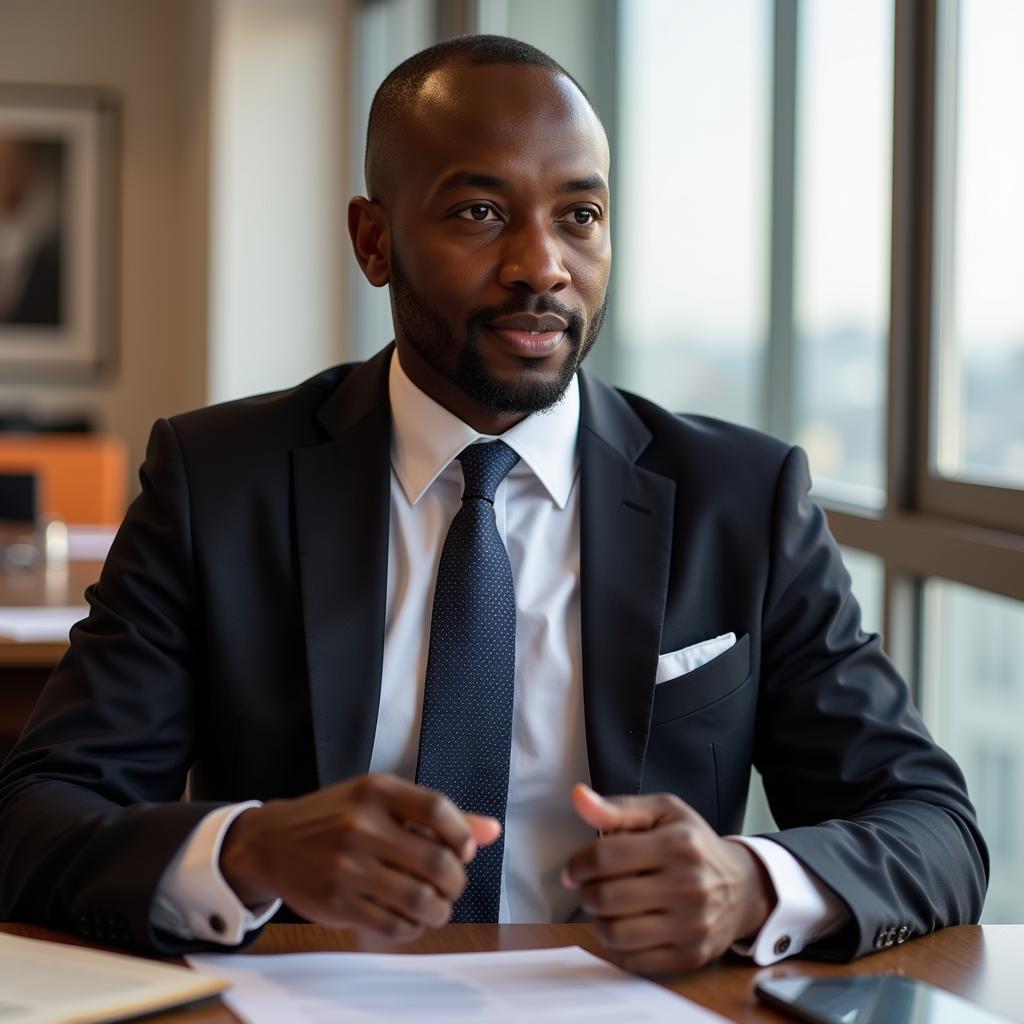Nelson Mandela and the African Freedom Struggle
The African freedom struggle, a period marked by resistance against colonialism and apartheid, is inextricably linked with Nelson Mandela, a towering figure who became a global icon of peace and equality. His journey from rural activist to political prisoner to the first democratically elected president of South Africa encapsulates the spirit of resilience and the fight for human rights across the continent.
Understanding the Roots of the Struggle
The African freedom struggle was a complex and multifaceted movement with deep historical roots. European colonization, with its exploitation of resources and disregard for indigenous cultures, laid the groundwork for widespread discontent. The imposition of apartheid in South Africa, a system of racial segregation and discrimination, further fueled the flames of resistance. Across the continent, movements for self-determination emerged, demanding an end to colonial rule and the establishment of independent nations. This period saw the rise of numerous influential leaders, each contributing their unique perspective and strategies to the fight for freedom. You can read more about the African National Congress and Nelson Mandela’s involvement here: african national congress nelson mandela.
What were the main drivers of the African freedom struggle? A combination of factors, including economic exploitation, political disenfranchisement, and the denial of basic human rights, propelled the struggle forward. The desire for self-governance and the yearning for a future free from oppression resonated across the continent.
Nelson Mandela’s Role in the Anti-Apartheid Movement
Nelson Mandela emerged as a key figure in the African freedom struggle, particularly within the South African anti-apartheid movement. Initially involved in peaceful protests, he later embraced armed resistance as a last resort against the increasingly violent repression of the apartheid regime. His commitment to equality and justice led to his imprisonment for 27 years, during which he became a symbol of hope and resilience for millions around the world. The African National Congress history provides further context on the organization’s role in the struggle.
How did Mandela’s imprisonment impact the movement? Paradoxically, his incarceration amplified his voice and influence. He became a powerful symbol of defiance, inspiring activists both within South Africa and internationally to intensify their efforts against apartheid.
The Legacy of the Struggle and Mandela’s Leadership
Mandela’s release from prison in 1990 marked a turning point in the African freedom struggle. His leadership was instrumental in the negotiations that led to the dismantling of apartheid and the establishment of a democratic South Africa. His commitment to reconciliation and forgiveness played a crucial role in preventing a descent into civil war. In 1994, he became the first democratically elected president of South Africa, a testament to his unwavering dedication to freedom and equality. To understand the significance of this moment, you can read more about the 1994 south african president.
 Nelson Mandela sworn in as President of South Africa.(https://omenkamag.com/south-african-flag-meaning/) unity and diversity.]
Nelson Mandela sworn in as President of South Africa.(https://omenkamag.com/south-african-flag-meaning/) unity and diversity.]
What lessons can be learned from the African freedom struggle? The struggle teaches us the importance of perseverance, unity, and the unwavering pursuit of justice in the face of adversity. It also underscores the transformative power of forgiveness and reconciliation in healing divided societies.
Dr. Anika Mkwamba, a renowned historian specializing in African liberation movements, states, “Mandela’s leadership transcended political strategy. He embodied the spirit of Ubuntu, recognizing the interconnectedness of humanity and the need for collective liberation.”
Another expert, Professor Jabari Okello, adds, “The African freedom struggle, while specific to the continent, holds universal lessons about human dignity and the pursuit of a just and equitable world.”
In conclusion, the African freedom struggle, intrinsically linked with Nelson Mandela, represents a pivotal chapter in human history. His legacy continues to inspire movements for social justice around the world, reminding us of the power of resilience, forgiveness, and the unwavering pursuit of equality. The struggle, while arduous, ultimately triumphed, demonstrating the enduring human spirit and its capacity to overcome even the most oppressive systems. Learn more about the spirit of the continent with these inspiring african heritage quotes.
FAQ
- Who was Nelson Mandela?
- What was apartheid?
- How long was Mandela imprisoned?
- What year did South Africa hold its first democratic elections?
- What is the significance of the African freedom struggle?
- What is Ubuntu?
- How did Mandela contribute to the transition to democracy in South Africa?
Need more help? Contact us at Phone Number: +255768904061, Email: [email protected] or visit our office at Mbarali DC Mawindi, Kangaga, Tanzania. Our customer service team is available 24/7.




